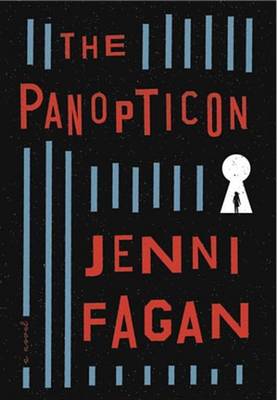
gmcgregor
The book takes place in Scotland, and Fagan peppers the dialogue with dialect. It's a little hard to wrap your head around at first if that's not something you're used to, but it's pretty easy to tell what the words mean by context clues and after a while it becomes part of the rhythm of the novel. The plot itself is slightly off-kilter in a way that fits the story being told...there's a pretty clear "peak" near the middle of the plot after which things begin to fall apart, but there's not really a climax per se. And the people it shines a light on, teens that have lived through the kind of horrifying conditions that leave them in a group home, don't really have lives that follow the linear path we might expect either. There's a lot of very dark stuff here: drug abuse, rape, disease, cutting, parental abandonment, death, but it somehow comes together to end on a surprisingly hopeful note.
What really shines in The Panopticon is the characterization, especially of Anais. At first she's an off-putting character, a violent and drug-addled teenager who seems practically feral and certainly dangerous. But as her layers get peeled back, you come to see how her life has necessitated the hard shell she wears around herself and why she acts the way she does. Slowly, you begin to care about her and root for her and by the time there's a court proceeding where she's dismissed as a hopeless case who can never be trusted to live outside of custody you're offended by how smugly they assume they've seen all they need to know about her. Many of the other kids and some of the staff in the Panopticon are given strong personalities despite relatively little "page time", so to speak, but Anais is a bold and surprisingly winning heroine. As long as you can deal with the rough places the book goes, I'd definitely recommend it. Please don't do what I did originally, though, and assume it's YA. It is very much a book for a more mature audience.

